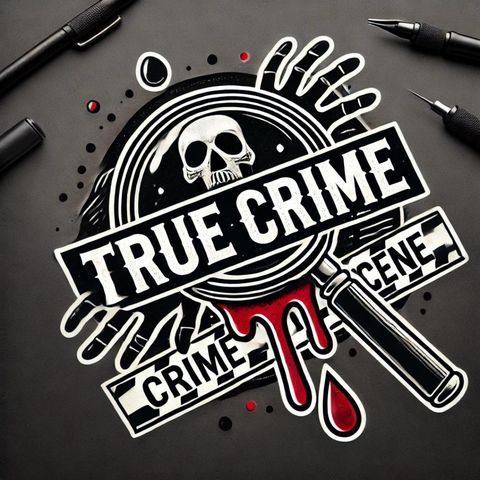
Info
Welcome to True Crime, the podcast that delves deep into the most chilling and compelling true crime stories from around the world. Join us each week as we explore the...
show moreFrom historical cases like Jack the Ripper and the Zodiac Killer to contemporary mysteries such as the murder of Gabby Petito and the Delphi Murders, we bring you gripping narratives and expert analysis. Each episode combines thorough research, interviews, and storytelling to bring you closer to the truth.
Whether you’re a seasoned true crime enthusiast or new to the genre, True Crime offers a captivating journey through real-life tales of intrigue, deception, and horror. Subscribe now and join us as we navigate the twists and turns of these unforgettable stories.

Welcome to True Crime, the podcast that delves deep into the most chilling and compelling true crime stories from around the world. Join us each week as we explore the...
show moreFrom historical cases like Jack the Ripper and the Zodiac Killer to contemporary mysteries such as the murder of Gabby Petito and the Delphi Murders, we bring you gripping narratives and expert analysis. Each episode combines thorough research, interviews, and storytelling to bring you closer to the truth.
Whether you’re a seasoned true crime enthusiast or new to the genre, True Crime offers a captivating journey through real-life tales of intrigue, deception, and horror. Subscribe now and join us as we navigate the twists and turns of these unforgettable stories.
Information
| Author | Servizi Radio |
| Organization | Servizi Radio |
| Categories | News Commentary |
| Website | - |
| - |
Copyright 2024 - Spreaker Inc. an iHeartMedia Company
